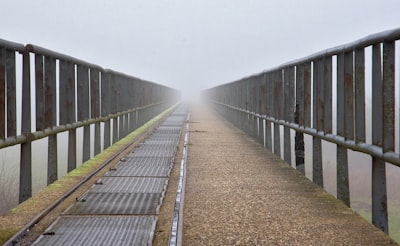We often imagine borders as tense flashpoints—places bristling with guards, fences, suspicion. But sometimes, the quiet at a border can be its loudest message. What if silence is not merely absence of conflict, but an active plea, a fragile hope held by people who know too well the cost of war?
Historically, lines drawn on maps have split families, cultures, daily routines. The Cambodian-Thai border is a palimpsest of such stories, echoing with memories of both violence and unexpected solidarity.
Did you know that during the Cold War, a clandestine market once thrived across this same border, trading not just goods but stories, recipes, and dreams? In some villages, children invented a shared patois—a new hybrid tongue—just to outwit adult restrictions and keep friendships alive across national divides.
Today, the quiet plea for peace, rather than a dramatic protest, stands in contrast to the way we usually picture diplomacy and resistance. Could it be that real courage, sometimes, is a collective whisper refusing to escalate?
Let’s imagine a global holiday: the Day of Quiet Borders, where all checkpoints fall silent for an hour, neighbors meet in the middle, and bystanders everywhere are invited to listen to what’s usually unsaid. Would peace sound any different if we learned to recognize it not in official treaties, but in the hush before the first hopeful negotiation?
This article was inspired by the headline: 'Cambodians at quiet Thai border plead for peace'.

Comments
No comments yet. Be the first to comment!